New Online Suicide Prevention Training Program Launches During Suicide Prevention Month
During September, schools, government officials, and individuals come together around a common goal: preventing youth suicide during times of isolation.
Photo By Emma Hutchinson
A screenshot of the National Suicide Prevention hotline, available anonymously to anyone 24 hours a day 365 days a year.
As the COVID-19 pandemic tears through communities across America, some experts say that it is more important than ever to bring awareness to sensitive topics like mental health and suicide.
A survey conducted by the Centers for Disease Control at the end of June found that 25.5 percent of adults between the ages of 18-24 “seriously considered suicide” due to stress from the pandemic, compared to a much lower 10.7 percent of overall respondents reporting suicidal ideations.
Junior Darya Pahlavan says that this statistic seems very accurate given her own experience with quarantine.
“A lot of my friends were struggling with mental health during the quarantine, and many of them said their anxiety and depression worsened,” Pahlavan said. “For me personally I saw that I became much more robotic. All of the days melt into one since I feel like I do the same thing every day.”
The percentage of respondents who had seriously considered suicide was dramatically higher among unpaid caregivers, essential workers, and Black and Hispanic respondents. These groups also reported higher levels of stress and substance use to cope with changing circumstances, along with young people.
In the United States, there are twice as many suicides as there are murders, and it is the tenth leading cause of death overall. This is a dramatic difference from the statistic for people ages 10-34 in which suicide is the second leading cause of death.
Organizations like the National Alliance on Mental Illness (NAMI), the Suicide Prevention Resource Center (SPRC), and the American Foundation for Suicide Prevention (AFSP) aim to destigmatize mental illness, provide support for people suffering from mental illness, and create resources for those in crisis or contemplating suicide.
Sophomore Tanner Schinderle says that now more than ever, these organizations play an important role in the lives of young people.
“As we entered into a world of social isolation, it became increasingly important for organizations to promote awareness and resources for students as students’ mental health was decreasing,” said Schinderle. “Students often feel ashamed to reach out for help without realizing that simply talking about it and asking for help is sometimes the best thing someone needs.”
All of these organizations agreed to dedicate the month of September to promoting suicide prevention and awareness, and thus, National Suicide Prevention Month was created.
Each year, Suicide Prevention Month has a theme, and 2020’s theme is “Commit to Protect”. The theme aims to recruit family, friends, and community members into the prevention of suicide, reducing the stigma around mental health issues by shifting the responsibility to everyone rather than just the individual.
Rio Student Government put on a campaign for Suicide Prevention Week from Sept. 7-11 to raise awareness within the student body about the dangers of suicide and how to prevent it, as well as provided resources for students needing help. Senior Shoshie Kurzrock was key to creating the campaign and says that normalizing mental health in the Rio community is immeasurably important.
“COVID has led society into an isolation no one was ready for; we have been unable to access friends, doctors, and teachers who we would normally seek out for help in these times,” said Kurzrock. “Even before COVID, the prevalence of teens was horrific and even if someone is not personally suicidal or struggling, having the knowledge to help a friend who is can save a life.”
State efforts to combat suicide included the California Department of Education’s launch of its new online suicide prevention curriculum for students and staff with the LivingWorks Virtual Youth Summit. On Sept. 15, TikTok star and comedian Caitlin Reilly hosted the online event that featured numerous high-profile personalities talking about their own mental health struggles and resilience through hard times.
The summit was targeted at middle and high-school students and staff in California, who have faced new challenges under stay-at-home orders and distance learning models.
State Superintendent of Public Instruction Tony Thurmond was the governmental representative for the summit, as well as the new curriculum it promoted.
“Our students are facing unprecedented levels of stress, anxiety, and isolation,” said Thurmond in a statement prior to the summit. “We think the Summit is a unique way to unite all students in the state around this very important initiative, and it will provide them reassurance that they are not alone in their struggles and there is a way to help each other through difficult times.”
The Summit focused on safety, and partnerships with the National Suicide Prevention Lifeline, Teen Line, and The Trevor Project made sure that resources were available to all students via text, phone, and email during and after the summit.
The new training curriculum is available for free to students and educators throughout the state through the LivingWorks Start program. It aims to teach everyone how to respond to students facing suicidal thoughts and how to de-escalate situations involving suicidal individuals, emphasizing that everyone, no matter their role, plays a major part in lowering suicide rates among middle and high schoolers.
Schinderle said providing California’s educators with the knowledge and resources to support suicidal students is crucial.
“It’s so important [to educate teachers] and not doing so is one of the fields in which our education system has failed our youth,” Schinderle said.
The program has been funded by Assembly Bill 1808 (AB-1808) by Assemblymember Marc Berman who secured $1.7 million to fund online suicide prevention training for members of California’s middle and high school communities.
Both national efforts, like Suicide Prevention Month, and state efforts, like the new LivingWorks program provide students and educators with valuable resources to raise awareness about mental health problems, reduce the stigma associated with suicide, and lower suicide rates among young people.
“It is important to bring attention to this so that we can help out our friends and family even if we don’t know that they’re struggling,” Pahlavan said.
If you or someone you know is contemplating suicide, call the National Suicide Prevention Hotline at 1-800-273-8255 or text Crisis Text Line at 741-741.






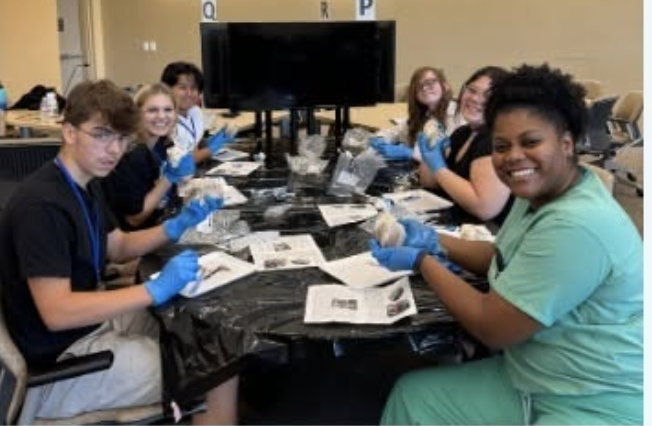



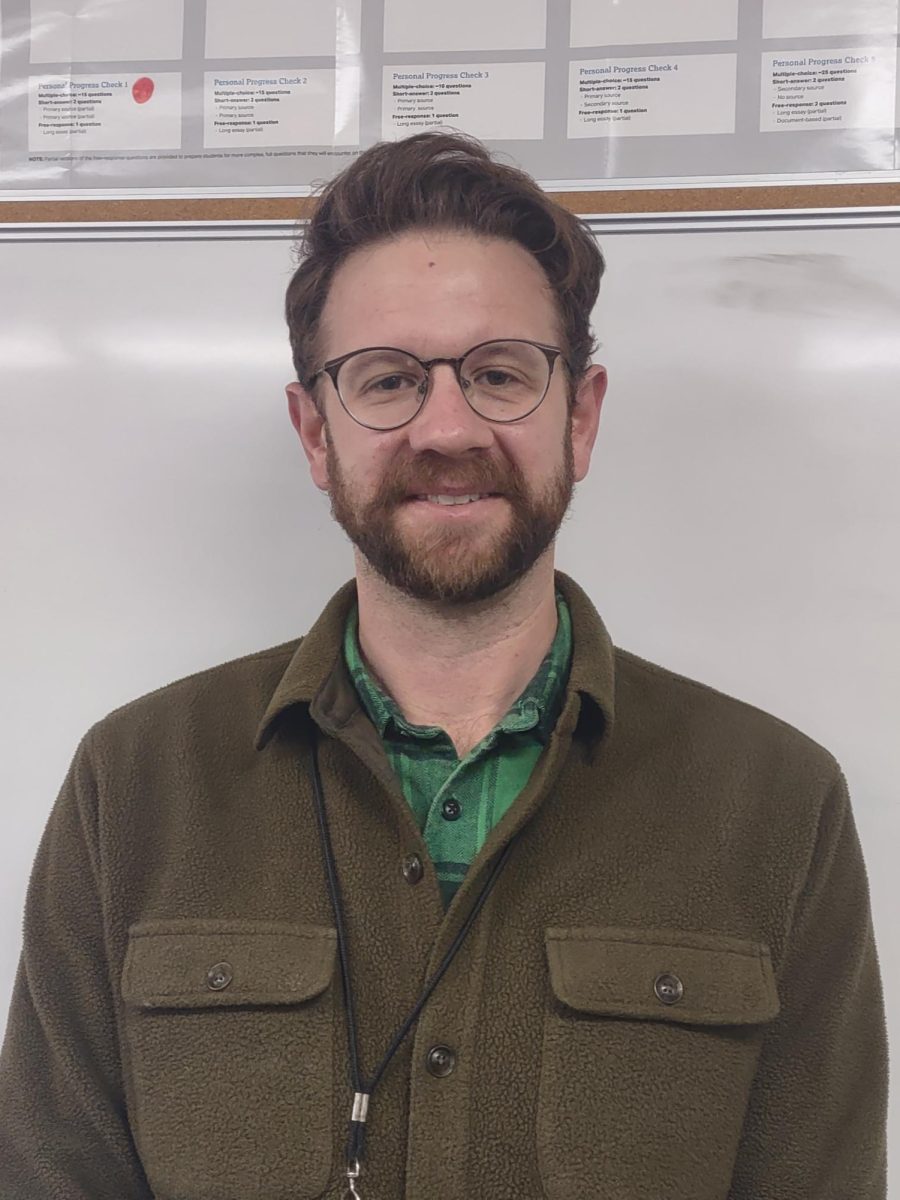






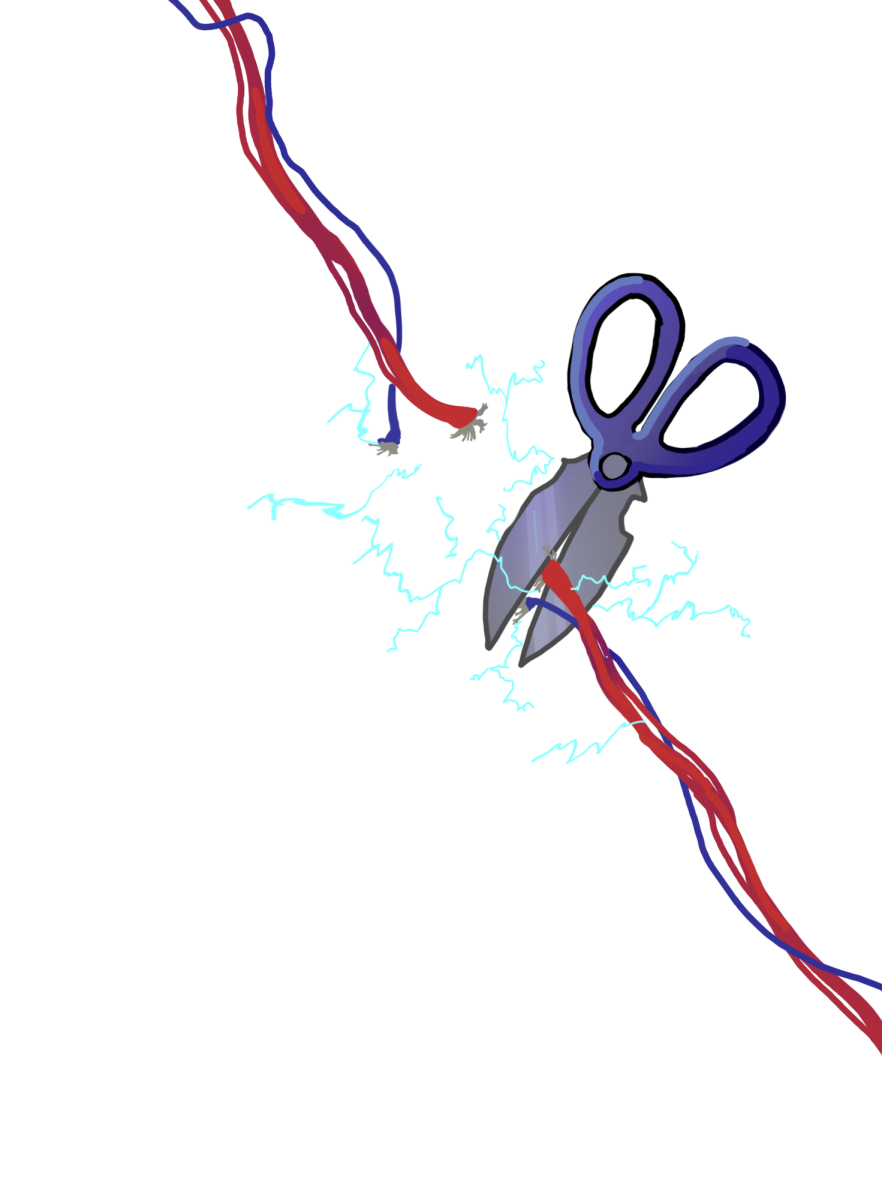
















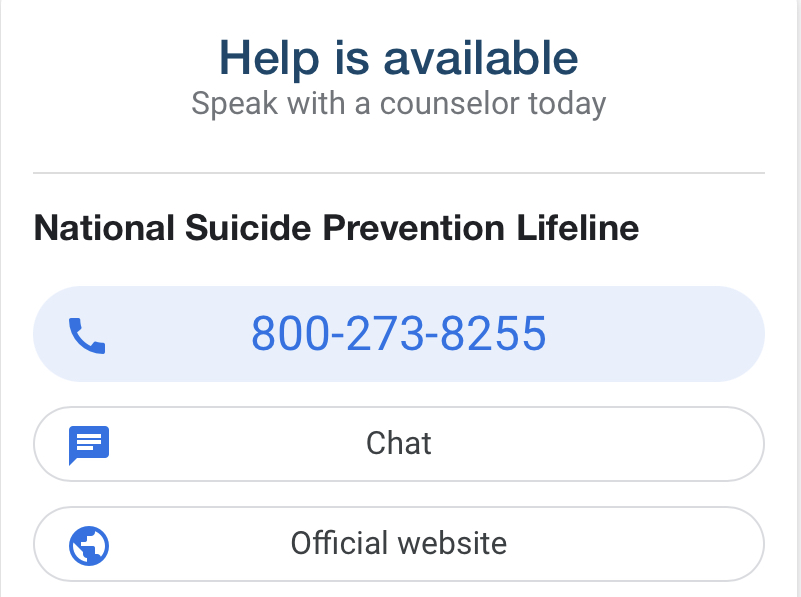


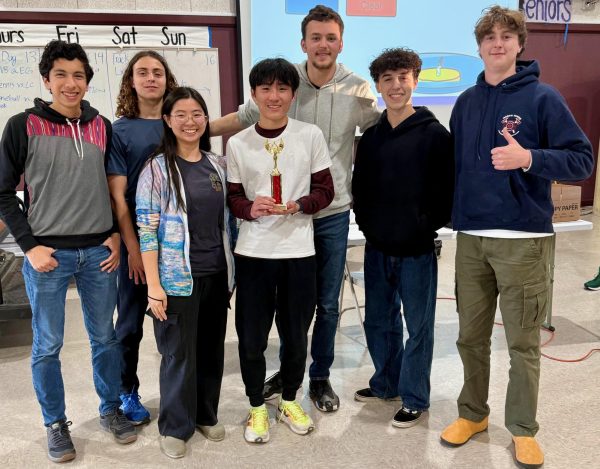



Camille Davis • Nov 1, 2020 at 1:06 PM
I think it is amazing that so many people are speaking out on such a big issue. Although this issue is very prominent in this time many people are too afraid to talk about it. I hope with more people speaking out will help people that are struggling to be less scared to reach out for needed help.
Grace Szejda • Oct 26, 2020 at 9:14 PM
I personally think this is such an important topic that is often disregarded because accepting help is not always simple. In our unusual circumstance, there is so much time to spend thinking, worrying, and dwelling, which can be beneficial. Unfortunately for me and some people in my life, mental health has declined, during a period of time that we are supposed to learn and develop.
Dean Dudzik • Oct 5, 2020 at 11:20 PM
This is such a huge deal, and such a big issue for people our age. At such a crucial time for discovering freedom and developing ourselves, we’ve been isolated. I hope the stigmas around taking care of mental health can lessen as people begin to see themselves as worthy and deserving of care, like we are.